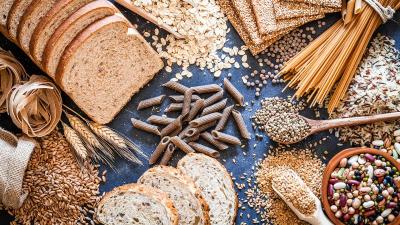Just Because the Weather’s Getting Cold, Doesn’t Mean You Have To!
You hear it everywhere you go—a sniffle on the train or a cough in the grocery store. Cold and flu season is upon us, but that doesn’t mean you’re doomed to spend the next several months with a runny nose, nursing a low-grade fever. A healthful diet and a few smart habits can keep you from frequenting the pharmacy this winter.
The first step to warding off illness is boosting your immunity. Stay warm with layers of clothing: scarves, hats, mittens—even long johns! Viruses are sensitive to temperature, which is why a fever is your body’s natural defense. What you put inside your body, as well as outside, can help, too. Fats and oils impair immunity, while fruits and vegetables enhance it. The jury’s still out on the effectiveness of echinacea, but it can’t hurt!
When you’re out and about, you’ll want to minimize your exposure to viruses. Wash your hands, especially if you’re touching the same surface that may have been touched by someone who’s already sick. Humidity, the bane of summertime, is your friend come cold season. Dry air can irritate the throat and nasal passages, creating an entry point for viruses. So keep the air moist and your body hydrated.
If you’ve done all this, and you still feel a tickle in the back of your throat, pop a zinc lozenge or some vitamin C. The digestive system can only handle so much vitamin C, so consuming a large amount of it can help flush the virus out. While several glasses of fresh carrot juice might have enough vitamin C to help, store-bought orange juice is more of a sugary placebo than a treatment. Gargling hot salt water can also boost the blood flow to a sore throat.
Don’t be a hero and force yourself to go out in public if you have the option to stay home under quarantine. If you have to be around others, frequently wash your hands—and try to cough into your elbow rather than your palms—to lessen the spread of germs.







